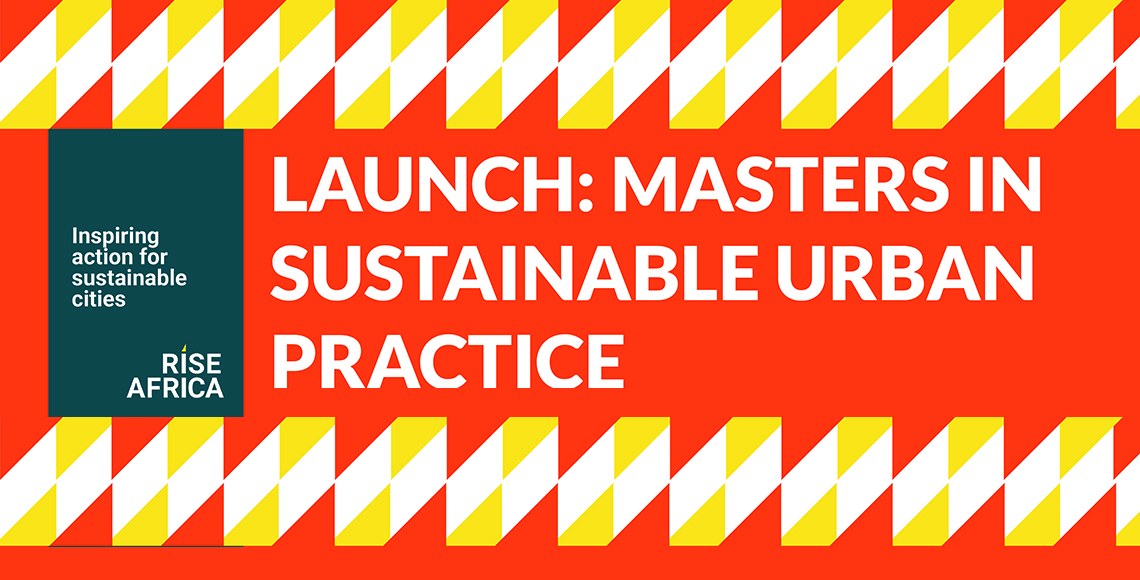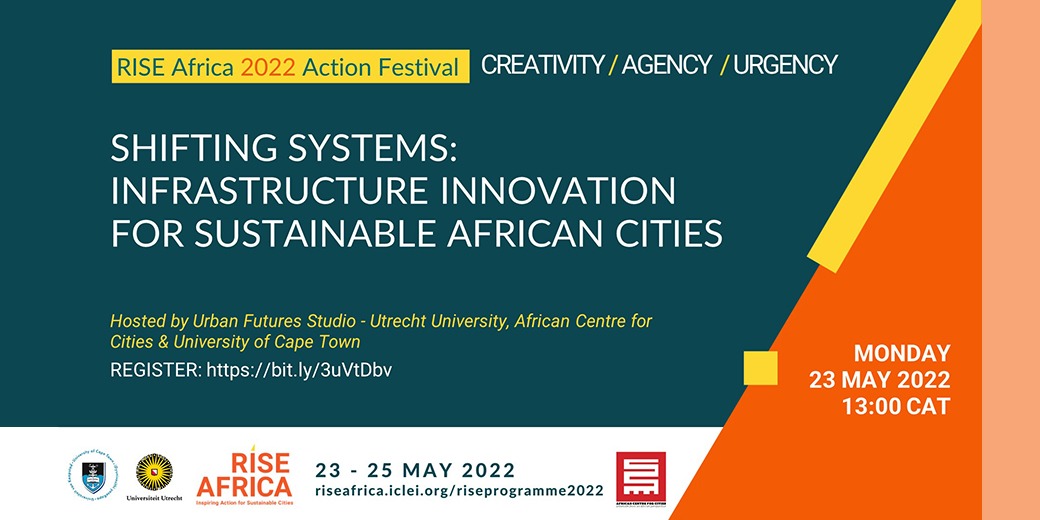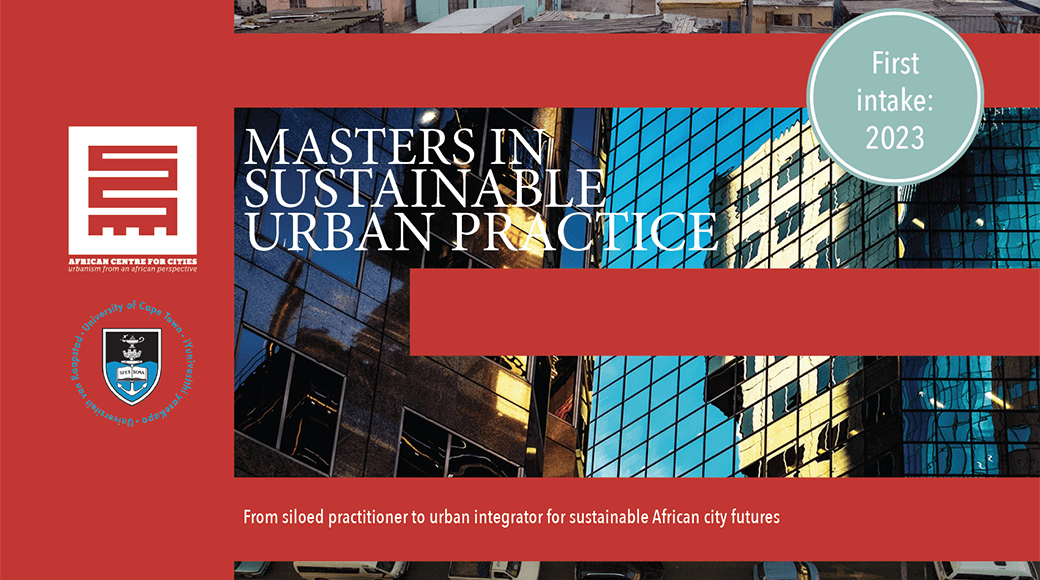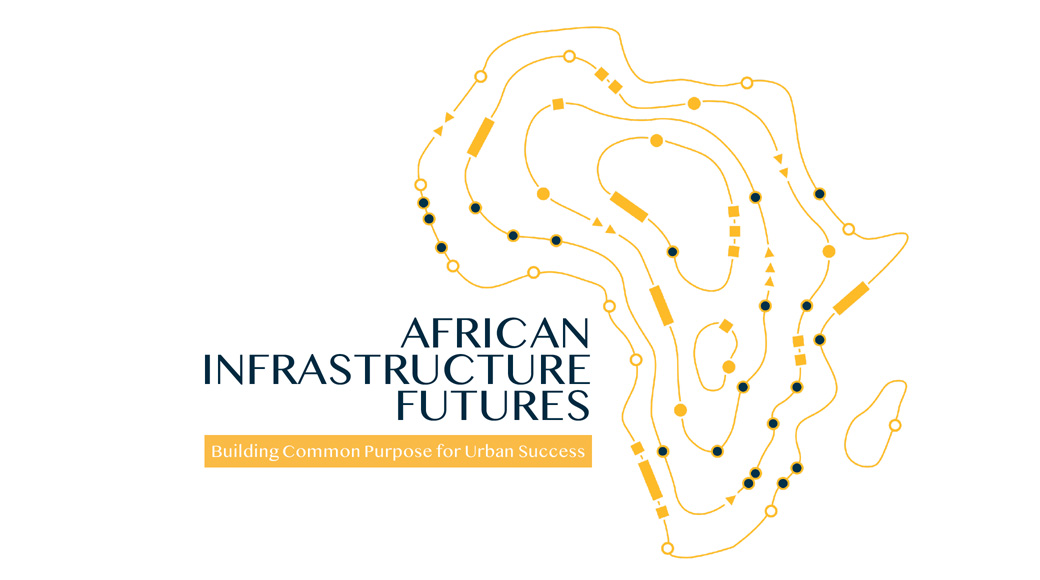LAUNCH | Masters in Sustainable Urban Practice
From siloed practitioner to urban integrator for sustainable African city futures – this new Masters programme, convened by the African Centre for Cities, at the University of Cape Town cultivates a new generation of Urban Champions. The complex, multi-dimensional demands of our rapidly urbanising world require holistic, inter-disciplinary thinking and practice. However traditional professional paradigms...





